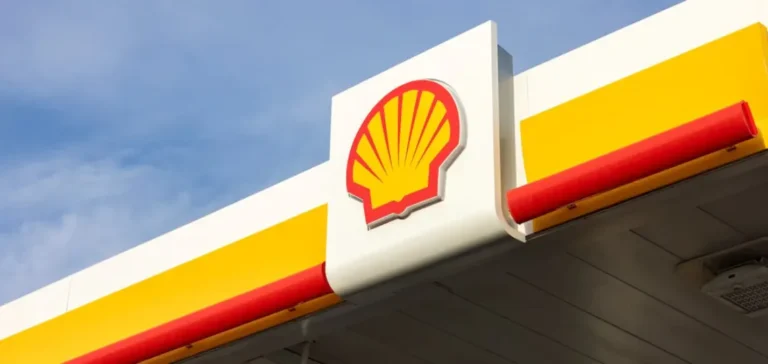A fire led Shell to temporarily halt production at one unit of its petrochemical complex located in Potter Township, Pennsylvania. The incident, which occurred on June 4, 2025, in one of the seven furnaces dedicated to ethylene production, was quickly brought under control by emergency teams. According to Shell, only the affected unit, furnace number five, currently remains offline. Fifteen employees were evacuated as a precautionary measure, with only one minor injury reported.
Operational Impact and Internal Investigation
The Shell Pennsylvania Petrochemicals Complex, commissioned in late 2022, annually produces approximately one million tons of ethylene-derived plastics. The shutdown of this furnace could temporarily affect the site’s overall production capacity, although Shell has not specified the exact scale of the impact or the timeline for returning the furnace to operation. An internal investigation is underway to precisely determine the cause of the fire and assess the full extent of the damage.
Shell confirmed that the other units at the site continue normal operations, as no other infrastructure was impacted. The company is collaborating closely with the Pennsylvania Department of Environmental Protection (DEP) to ensure site compliance with current environmental regulations, particularly regarding potential accidental emissions.
Responses and Regulatory Monitoring
Specialized teams from the DEP immediately visited the site following the incident. The department confirmed that air-quality tests conducted shortly after the fire did not detect any sustained presence of benzene or 1,3-butadiene, two potentially hazardous substances commonly associated with petrochemical cracking facilities. Nevertheless, the DEP continues to monitor the complex closely, requiring Shell to submit a detailed report on any potential accidental emissions resulting from this incident.
This complex had already faced a financial penalty in 2023 due to environmental violations identified by the DEP involving air emissions exceeding regulatory limits. Shell had resolved that issue by paying a fine of USD 10 million and aligning with regulatory demands.
Immediate Industrial Consequences
Currently, the overall industrial operations of the complex remain stable, with Shell not indicating any significant disruptions at a global scale. However, the duration of the outage for furnace number five remains uncertain and could influence the company’s commercial and strategic decisions in the coming months. The ethylene market, a critical raw material for plastic production, remains attentive to developments regarding this situation.
The exact date for fully resuming operations will depend on the results of Shell’s internal investigation and regulatory inspections. While awaiting these results, clients and commercial partners of the complex remain alert to any potential impacts on planned deliveries and Shell’s ability to fulfill contractual commitments.






















